GET READY, GET SET FOR WORD PROBLEMS AND PROBLEM SOLVING! Are you having trouble with word problems and problem solving? How can you tell whether there is enough information to solve a word problem? This book explains the simple steps needed to solve word problems. Whether you are learning this information for the first timeon your own or with a tutoror you would like to review your math skills, this book is a great choice.
FREE WORKSHEETS AVAILABLE AT ENSLOW.COM
About The Author Author
Rebecca Wingard-Nelson develops and writes math assessment tests, exit exams, proficiency tests, textbooks, and workbooks. She has written many math series for Enslow Publishers, Inc.

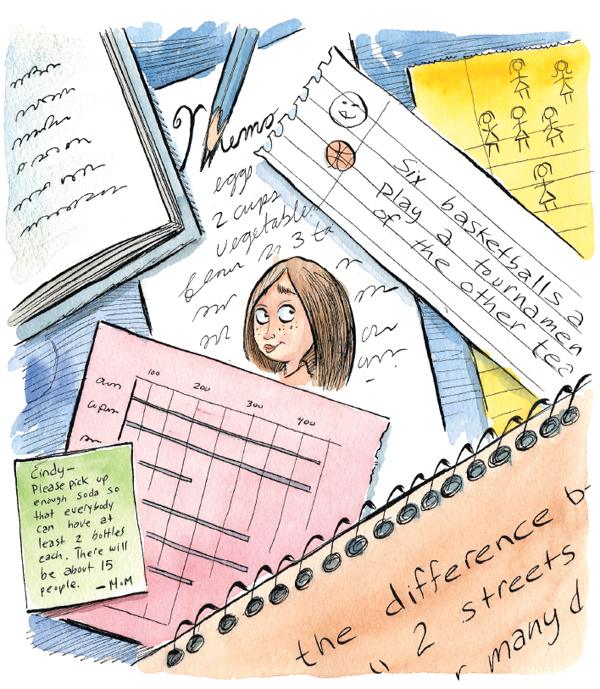
Math is all around, and an important part of your life. You use math when you are playing games, cooking food, spending money, telling time, reading music, or doing any other activity that uses numbers.
Even finding a television station uses math! Word Problems Are Everywhere. Word problems use every kind of math. They help you use math to figure out things in the real world. You probably already know how to do the math; now you just need to know how to use it! Using This Book. This book can be used to learn or to review how to solve word problems. Use it on your own or with a friend, tutor, or parent.
Get ready to discover math... made easy!
Word problems can be solved by following four easy steps. 1. Read the problem. Read carefully. What do you know? What do you need to find? 2.
Make a plan. It is up to you to find the best way to solve the problem. Some problems will give you a plan, like making a table, writing an equation, or drawing a graph. 3. Solve the problem. 4. 4.
Check your answer. Yay! You are finished, right? Wrong! Always check your answer. Make sure you have answered the right question. Does your answer make sense? Check your math. Mistakes happen to everyone, and a quick double check can help you spot an error.
Max has three dancing frogs.
Li Ming has two. How many frogs do they have in all?

1. Read the problem. What do you know? Max has 3 frogs. Li Ming has 2 frogs. What do you need to find? How many frogs do they have all together? 2.
Make a plan. You can add to find the total number of frogs. 3. Solve the problem. 3 frogs + 2 frogs = 5 frogs They have 5 frogs. 4.
Check your answer. Does the answer make sense? Yes.
Did you add correctly? Yes.
Dont give up! The first time you try to solve a word problem, it might not work. Keep trying! Look over your work and see if you made a silly mistake, like using the wrong numbers. If you get stuck, try a different plan. Be positive! You learn by making mistakes. If you already know all the answers, there is nothing to learn.
Remember, it feels great when you finally get the solution! Use Your Past! Some of the problems will look like ones youve seen before. Use what you remember from other problems to solve new ones. Practice! The more you do anything, the better you become at it. Every problem you solve helps you get ready for other problems. Take a Break! Tough problems can make your head hurt. If you have tried everything you can think of but are only getting frustrated, take a rest.
Go to another problem. Go get a snack or a drink. Close your eyes and stretch. Then come back with a fresh brain and try again. Move On! Tests can make people nervous. If you get stuck, go on to the next problem.
When you answer problems you know first, it helps you get in the test-taking groove. Go back later and do the problems you skipped. 
differenceThe answer to a subtraction problem. When you dont have enough information, you cannot solve a word problem.
Ben bought lunch in the cafeteria for $3.00. Rita only bought a drink.
How much more did Ben spend than Rita?

1. Read. You know Ben bought lunch for $3.00. You know Rita bought a drink. You want to find the difference between what Ben and Rita spent. Plan. Plan.
You can subtract the amount Rita spent from the amount Ben spent to find the difference. 3. Solve. There is too little information to solve this problem. You do not know how much Rita spent. Check. Check.
Read the problem again. Is the information given, but you missed it the first time? No. This problem cannot be solved with the information given.
Too much information can make a word problem confusing. Make a list of what you know, then cross out any information you do not need.
Morris has 8 ducks, 2 horses, 3 chickens, a pig, a goose, and 16 cows. Read. Read.
You know that Morris has 8 ducks, 2 horses, 3 chickens, 1 pig, 1 goose, and 16 cows. You want to find the total number of birds. 2. Plan. Morris has animals that are not birds, so make a list of all the animals he has. You can cross off any animals that are not birds.
Then you can add the numbers of birds to find the total number of birds. 3. Solve.
| Morris has | 8 ducks, | Cross off the |
 | animals that are |
| 3 chickens, | not birds. |
 |
| 1 goose, and |
 |
8 ducks, 3 chickens, and goose are left. 8 + 3 + 1 = 12 birds. 4. Check. Check.
Make sure you have not crossed out any birds.
Check your addition. Does 8 + 3 + 1 = 12? Yes.
estimateAn answer that is not exact; a reasonable guess. Some word problems do not ask for an exact answer. An estimate is a good guess that is close to an exact answer.
A guitar pick costs 95 cents.
You want to buy 5 picks, and you have 7 dollars. Do you have enough money?

1. Read. You know that each pick costs 95 cents. You know you have 7 dollars. 2. Plan. Plan.
The problem asks if you have enough, not the exact amount. You can estimate the cost of 5 picks to decide if you have enough money to buy them. 3. Solve. Round the cost of one pick to the nearest dollar. 95 cents rounds to 1 dollar.
Multiply by the number of picks you want to buy. 5 picks 1 dollar = 5 dollars 5 picks cost about 5 dollars. You have 7 dollars.
Since 7 is larger than 5, you have enough money to buy 5 picks. 4. Check. Read the problem again.
Did you answer the right question? Yes. Check your multiplication.
Does 5 1 = 5? Yes.
Patterns can help you solve word problems.
Indira put soup cans in rows on a shelf. The top row has 1 can, the second row has 5 cans, the third row has 9 cans. Read. Read.

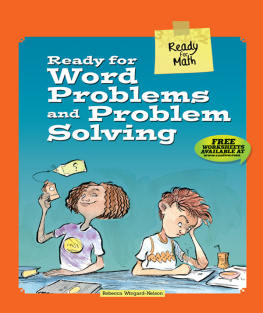
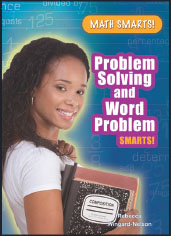
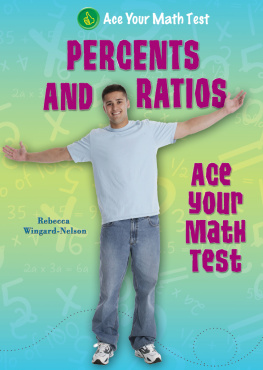
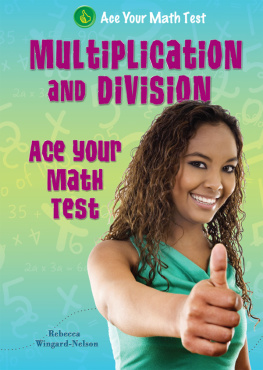

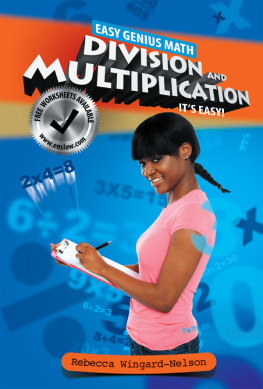
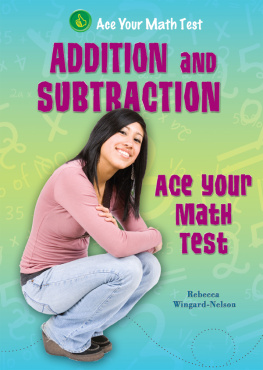
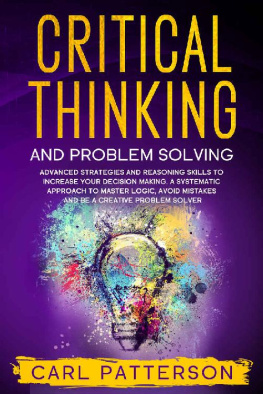
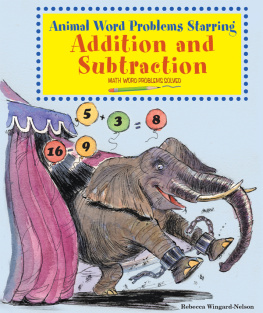
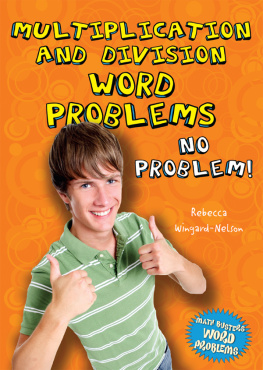
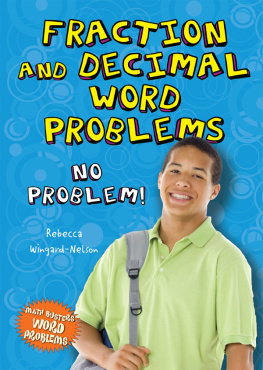
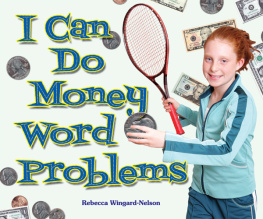
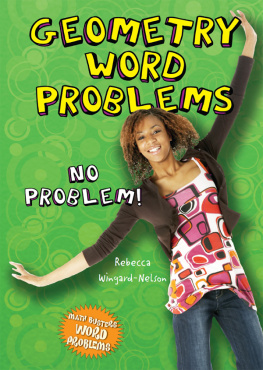
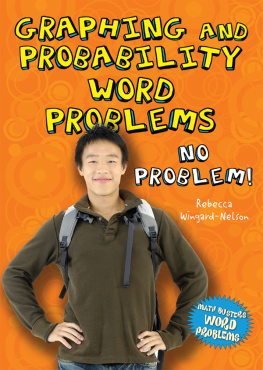
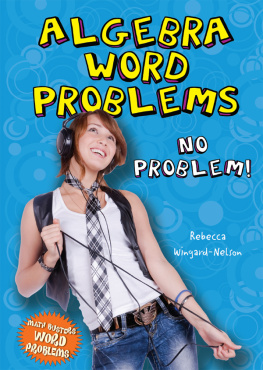

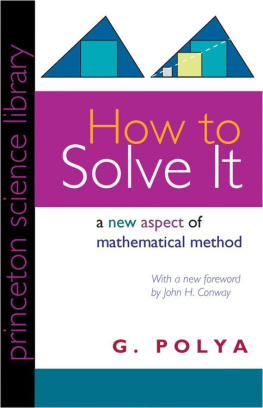

 Math is all around, and an important part of your life. You use math when you are playing games, cooking food, spending money, telling time, reading music, or doing any other activity that uses numbers.
Math is all around, and an important part of your life. You use math when you are playing games, cooking food, spending money, telling time, reading music, or doing any other activity that uses numbers.  1. Read the problem. What do you know? Max has 3 frogs. Li Ming has 2 frogs. What do you need to find? How many frogs do they have all together? 2.
1. Read the problem. What do you know? Max has 3 frogs. Li Ming has 2 frogs. What do you need to find? How many frogs do they have all together? 2. 
 1. Read. You know Ben bought lunch for $3.00. You know Rita bought a drink. You want to find the difference between what Ben and Rita spent. Plan. Plan.
1. Read. You know Ben bought lunch for $3.00. You know Rita bought a drink. You want to find the difference between what Ben and Rita spent. Plan. Plan. 


 1. Read. You know that each pick costs 95 cents. You know you have 7 dollars. 2. Plan. Plan.
1. Read. You know that each pick costs 95 cents. You know you have 7 dollars. 2. Plan. Plan.